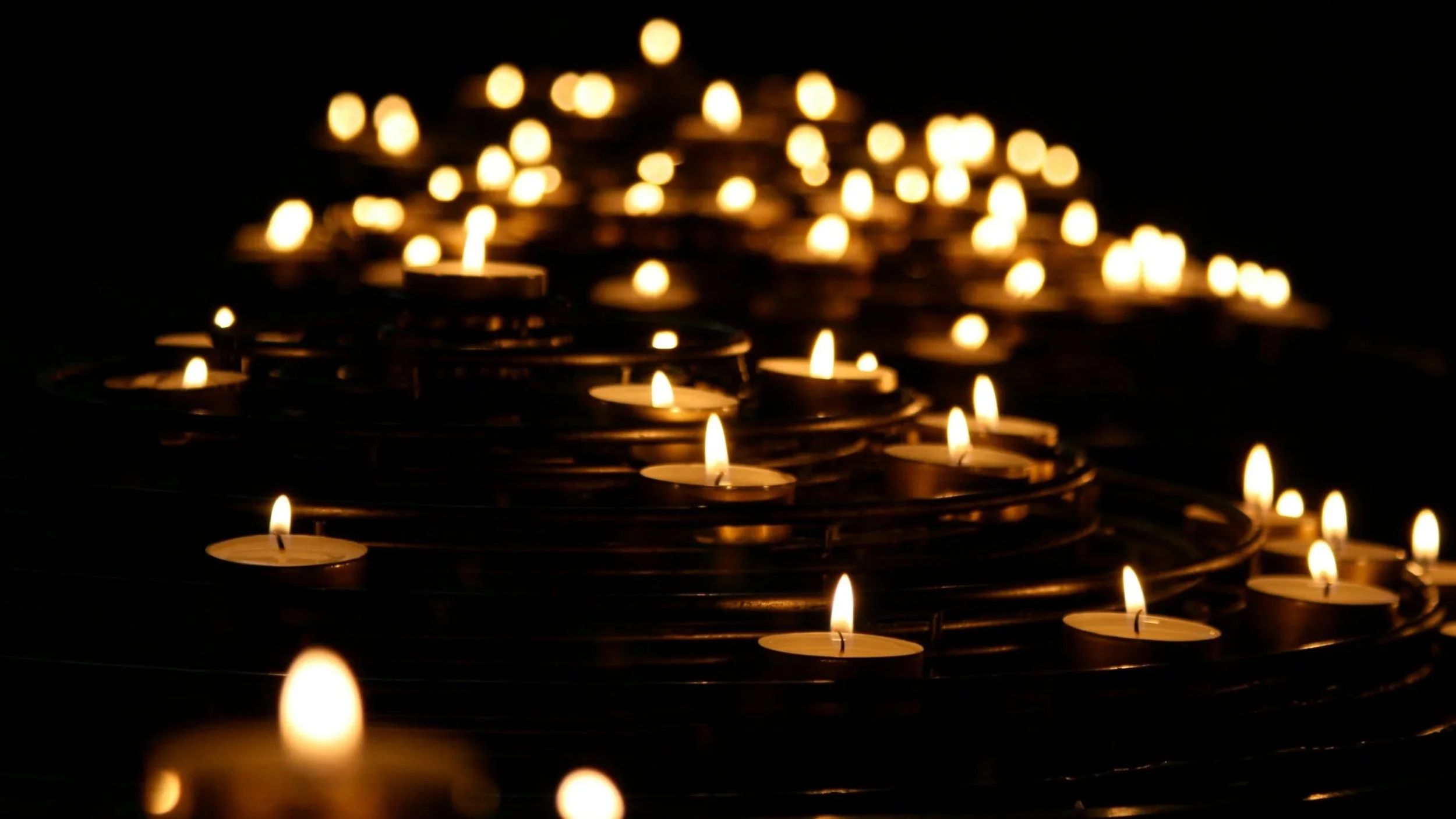The Different Stages of Grief - And Why Everyone’s Experience is Unique
Grief is one of the most profound human experiences - something that touches all of us at some point in life. Yet, despite being universal, grief never looks or feels the same for any two people.
You may have heard about the stages of grief, a concept that offers a framework for understanding how we process loss. But it’s important to remember: these stages aren’t a strict roadmap. They don’t unfold neatly or predictably. Instead, they provide a language for something deeply personal - a way to make sense of the emotions that can feel overwhelming or confusing.
At Room for Therapy, we believe that understanding grief begins with compassion - for yourself and for your process.
Understanding the Stages of Grief
The concept of the stages of grief originates from psychiatrist Elisabeth Kübler-Ross, who identified five emotional states people often move through after a significant loss: denial, anger, bargaining, depression, and acceptance.
Over time, others have expanded or adapted these ideas to reflect the complex, non-linear nature of grief. You might move back and forth between stages, skip one entirely, or experience several at once. There is no “right” way to grieve.
Let’s look at each stage in more detail:
1. Denial
Denial often acts as an emotional buffer - a way to protect ourselves from the initial shock of loss. You may feel numb, disconnected, or find it hard to believe what’s happened. This stage gives you space to process reality at your own pace.
2. Anger
Anger can surface as frustration, resentment, or even rage. It might be directed at yourself, others, or the situation itself. Though it can feel uncomfortable, anger is a natural part of healing - it shows the depth of your love and the pain of your loss.
3. Bargaining
In this stage, we often find ourselves thinking about “what if” or “if only.” Bargaining reflects a desire to regain control or to make sense of what’s happened. It can also highlight the longing for things to return to how they were.
4. Depression
Feelings of deep sadness, emptiness, or hopelessness can accompany grief. This isn’t a sign of weakness - it’s a sign that you’re confronting the reality of your loss. Allowing yourself to feel this sadness is an important part of healing.
5. Acceptance
Acceptance doesn’t mean “getting over” your loss. Instead, it’s about finding a way to live with it - acknowledging what’s happened and learning to carry it forward in your life. Acceptance can coexist with sadness, gratitude, and love.
Why Everyone’s Experience of Grief Is Unique
While these stages can be a useful guide, they are not universal or sequential. You may cycle through some stages multiple times or experience emotions that don’t fit neatly into any category.
Grief is influenced by many factors - your relationship with the person or situation lost, your personality, cultural background, and life circumstances. Some people feel their grief intensely and immediately, while others experience it in waves over time.
The key is to recognise that whatever you’re feeling is valid. There’s no timeline, and no single way you “should” grieve.
Finding Support Through Grief
It can be difficult to navigate grief alone. Talking to a qualified therapist can help you explore your emotions in a safe, compassionate space. At Room for Therapy, our therapy for grief sessions are designed to support you wherever you are in your journey.
We’ll work with you to understand your unique experience of loss, offering space for reflection, healing, and self-compassion.
Grief is not a problem to solve - it’s a process to live through. The stages of grief offer insight, but they don’t define your journey. Your path will be your own, and that’s exactly as it should be.
If you’re finding it hard to manage the pain of loss, you don’t have to face it alone. We’re here to help you make room for grief - and, in time, for healing.


